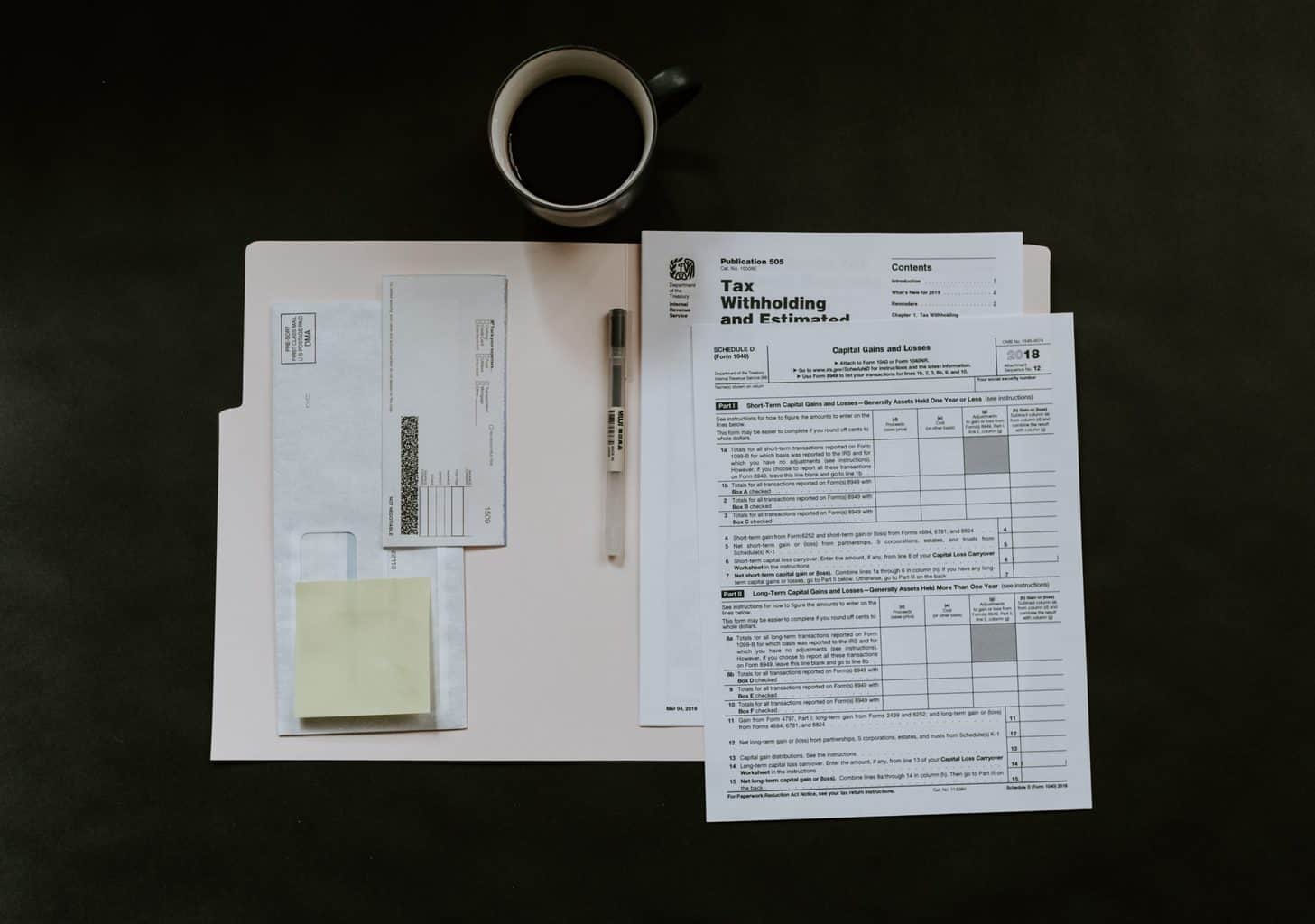A tax levy can put a serious strain on your finances. It’s used to collect unpaid back taxes and can result in wage garnishment, funds being taken from your bank account or asset seizures.
Read on to learn more about how they’re triggered, how to prevent a tax levy and where to go for professional tax help if you’re facing a tax levy from the IRS or your state tax authority.
What is a Tax Levy?
In short, a tax levy refers to the seizure of your assets to cover unpaid tax debt. A levy generally won’t happen right away, though, and if the IRS has the correct address on file, you’ll get a warning or notice that gives you more time to decide how to move forward.
What Triggers a Tax Levy?
You’ll likely get a Notice of Intent to Levy from the IRS if you owe back taxes and haven’t reached out to resolve your outstanding tax debt. Here are the different types of notices you could receive:
- CP90 (Intent to Seize Your Assets and Notice of Your Right to a Hearing)
- CP297 (Notice of Federal Tax)
- CP504 (Notice of Intent to Seize (Levy) Your Property or Rights to Property)
- LT11 or 1058 (Final Notice of Intent to Levy)
Failure to pay state tax debt can also trigger a tax levy. However, the correspondence you’ll receive varies by your state of residence.
The Difference Between a Tax Levy and a Tax Lien
Although the terms are often used interchangeably, tax levies and tax liens aren’t the same. Tax levies allow the IRS to seize your assets and property, but they are not recorded as a public record and do not impact your credit score.
By contrast, tax liens give the IRS a legal claim to your property. They are recorded as a public record and could hurt your ability to purchase a home or other items. Unless the tax debt is resolved beforehand, the IRS will recoup their funds on the tax lien when you sell the asset that is liened. The IRS files liens against individuals which implies all of their assets are liened as well.
Tax Levy Types
If the IRS threatens a tax levy against you, here’s what could happen.
Wage Garnishment
If your wages are garnished, all or a portion of each paycheck will be handed over to the IRS or state tax authority. This continues until your outstanding balance is repaid.
Bank Account Levy
The IRS levies your bank account, and the funds seized that day will be held by the bank for 21 days. If you fail to contact the IRS within this period to prove that the capturing of these levied funds will cause a hardship to you, the funds in your account(s) will be sent to the IRS to be applied toward your unpaid tax debt. State taxing authorities can do the same.
Assets Seizure
Other assets can also be subject to seizure by the IRS, including:
- Automobiles
- Residence or Investment Properties
- Employer wages
- Outstanding vendor and contractor payments
- Commissions and compensation from employers
- Retirement and Social Security benefits
Note that there are limits on the amount of income the IRS can seize through a tax levy. See IRS Publication 1494 to learn more.
How to Prevent a Tax Levy
You can prevent a tax levy by taking the following actions:
- File tax returns by the due date or file an extension
- Pay your tax bill and mandatory tax payments on time
- Apply for an installment agreement if you can’t pay your tax bill in full
- Hire a tax relief firm to help you apply for an Offer in Compromise (OIC) or other available resolution strategy with the IRS
How to Stop a Tax Levy
If you’ve received a Notice of Intent to Levy from the IRS, here are some options to halt collection actions:
Installment Agreement
You can apply for a payment plan with the IRS to break up your unpaid tax debt over time. There are three options to choose from:
- Short-Term Payment Plan: You owe less than $100,000 and can resolve your balance in the next 120 to 180 days.
- Long-Term Payment Plan: You owe less than $50,000 (with penalties and interest) and can resolve your balance by paying equal monthly installments over the next 72 months or six years. To qualify as a business, you must also be current on all tax filings. But if you’re a sole proprietor, use the qualifying criteria for individuals to determine your eligibility.
- Extended Payment Plan: The IRS formulates a payment plan based on your expenses and liabilities.
Offer in Compromise
An OIC is an agreement between the IRS and taxpayer to settle the unpaid tax debt for less than what’s owed. You could qualify if you meet one of the following conditions:
- Doubt as to Collectibility: You’re unable to remit payment for back taxes because your assets and income are insufficient.
- Doubt as to Liability: You doubt you owe the assessed tax liability because the tax examiner misinterpreted the tax code when determining the amount of your unpaid tax debt or failed to consider your findings that indicate you owe a lower amount.
- Exceptional Circumstances (Effective Tax Administration): You owe the unpaid tax debt but paying it would be inequitable, unfair or lead to severe financial hardship.
Unfortunately, the approval rate for OICs is relatively low. Consequently, it should only be used as a resort if you’ve exhausted all other options.
Innocent Spouse Relief
Do you owe federal tax debt that your current or former spouse incurred? If you filed jointly and now owe tax, interest and penalties as a result of items or income that wasn’t correctly reported or omitted from your tax return? You could qualify for innocent spouse relief from the IRS.
Contact Your State’s Tax Authority
The remedies available to state taxpayers vary. If possible, reach out to the tax authority right away to inquire about your options or hire a tax relief firm to assist you with getting emergency relief.







